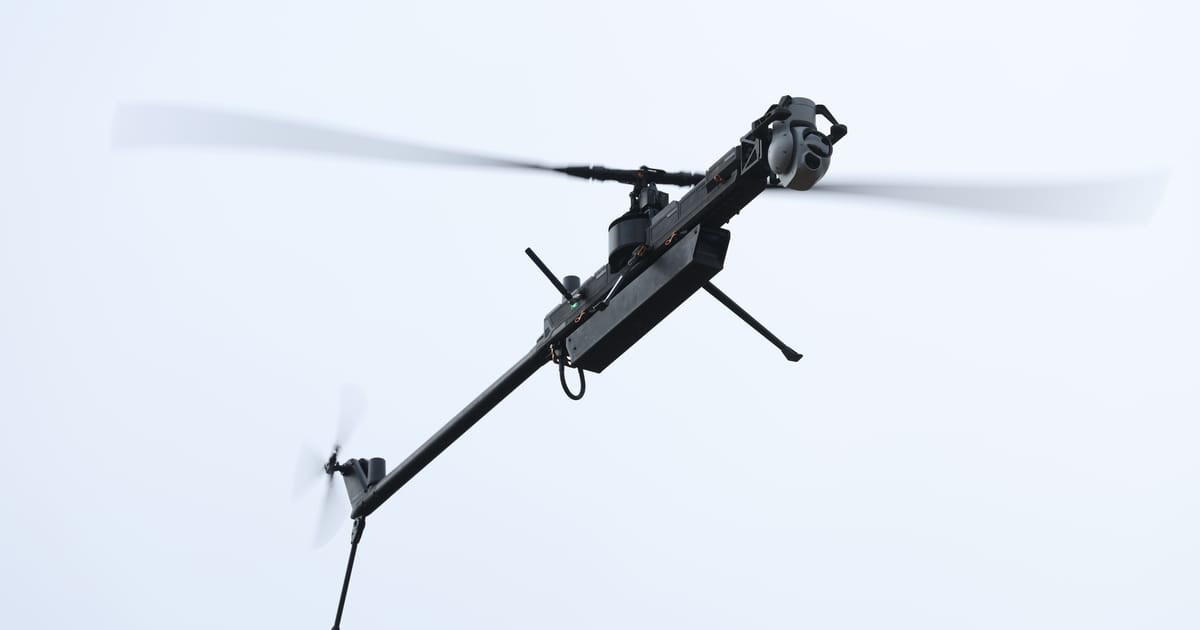

In the evolving landscape of defense and education, significant changes are taking shape that promise to influence their respective fields profoundly. From the integration of advanced technology in military operations to new leadership in influential educational unions, the ongoing developments reflect a dynamic environment filled with opportunities and challenges.
In the realm of defense, U.S.-based company Anduril Industries is making notable strides in expanding its footprint in the United Kingdom. Known as a “defense disruptor,” Anduril specializes in leveraging cutting-edge technology, particularly artificial intelligence, to innovate in weapons development. The company has undertaken a strategic lobbying effort, which is beginning to bear fruit financially. The approach has already translated into significant financial gains, demonstrating that Anduril’s pioneering technologies are finding receptive audiences in international markets.
Anduril’s focus is on enhancing military capabilities through advancements in AI, including autonomous drones and surveillance systems. By offering solutions that enhance operational efficiency and effectiveness, the company positions itself as a crucial player in modernizing defense strategies. This initiative aligns with broader trends in the defense sector, where technological advancement is increasingly seen as essential to maintaining national security.
Meanwhile, in the educational sector, a noteworthy change in leadership is occurring within the National Association of Schoolmasters Union of Women Teachers (NASUWT), one of the leading teaching unions in the United Kingdom. Matt Wrack, the former general secretary of the Fire Brigades Union (FBU), has been elected as the permanent general secretary of NASUWT. The election marked the first contested leadership vote in the union for many years, and despite the turnout of less than 5% of eligible members, Wrack secured a victory with 5,249 votes against his challenger Neil Butler’s 3,126 votes.
This change comes after a period of legal challenges and contestation regarding the union’s leadership decisions. Wrack’s ascension to this crucial role indicates a potential shift in the NASUWT’s approach to addressing the myriad challenges facing the educational sector, from workload pressures on teachers to advocating for better working conditions and resources.
Both developments reflect broader themes of transformation within traditional industries and organizations. In defense, the adoption of AI and advanced technologies points to a future where rapid technological integration will define strategic capabilities. Meanwhile, in education, the administrative change could herald new policy directions and priorities for one of the UK’s largest teaching unions, potentially impacting teachers’ professional landscape and educational policy discourse across the nation.
As these stories unfold, stakeholders from military strategists to educators and policymakers are closely monitoring these shifts. The continuing evolution in both sectors underlines the importance of adaptive strategies and forward-thinking leadership in navigating today’s complex global challenges. These changes are emblematic of a wider trend towards modernization and reform, reflecting an ongoing quest to harness innovation while ensuring that core values and missions are preserved and advanced.
Source: {link}
